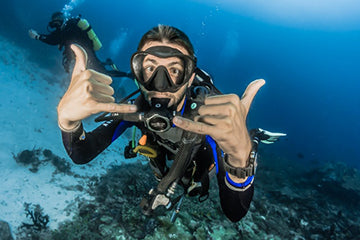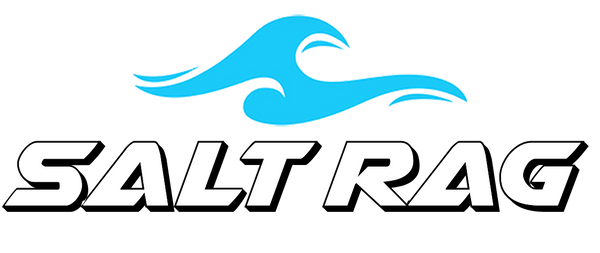
Scuba Diving is Fun! How to Get Started:
Share

There is nothing quite like the feeling of floating underwater, watching the seascape go by, spotting weird sea creatures, and exploring ship wrecks. Any diver will talk of the exhilaration of the experience; just the sheer joy of being in a totally different environment and a sensation almost of flying through the water. Anyone in reasonable health can experience this for themselves; all it takes is a commitment to the training and the desire to do something different and exciting.
Scuba diving is one of those sports that cannot be undertaken without proper training and certification, which means signing up for a course. There are a number of training agencies offering beginners’ courses, which might be undertaken over a number of weeks, or intensively over a couple of weekends. You can find dive schools on the internet by using a search engine, or by going to the websites of the training agencies to which they are affiliated, such as PADI, NAUI or BSAC.
Most diving schools will provide all the equipment you need as part of course fee, so don’t worry in the first instance about needing to buy any kit. Do the course and decide if scuba diving is for you before you invest.
Whilst the courses offered by the different training organizations do vary slightly in both content and format, which ever you choose you will learn the same basic elements of scuba diving that will allow you to enjoy the sport under certain conditions. If you get hooked, more advanced training courses are offered to allow you to progress, learn new skills and undertake more challenging dives.
On a beginners’ course you will take some theory classes, some sheltered water lessons (in a swimming pool) and some open water lessons (in the sea or an inland site such as a flooded quarry or lake).
The theory classes cover basic scuba diving equipment (what it is, what it is for and how to use it), a little bit of physics so you understand how pressure increases with depth and the effect this has on you and your equipment, how the body deals with the gases (air) that you breath when diving (understanding this helps you to understand how to avoid “the bends”, or decompression sickness) and includes all the information you need to prepare you to go diving.
During the sheltered water lessons you will learn how to use the equipment, how to descend, maintain buoyancy under the water and ascend again safely. You will learn how get in and out of the water, how to maneuver underwater and to how help someone who may be having difficulties.
Once you are competent in sheltered water you will move to open water to repeat all your lessons in that more challenging environment.
Once in possession of your scuba diving certification, it’s up to you what to do next. Of course the first thing is to go out and enjoy a few dives, and the organization with which you trained will be able to offer information about diving activities you can join in, and may even organize dives and trips themselves, so you will always have the opportunity to go diving. Plus, an internationally recognized qualification will allow you to dive when on holiday abroad.
You might want to start investing in your own kit and undertaking further training; some people become so hooked they end up training as instructors and starting a whole new career! The essential point, though, is to enjoy your scuba diving, dive to a level you are comfortable with and be safe and happy in your new hobby.
